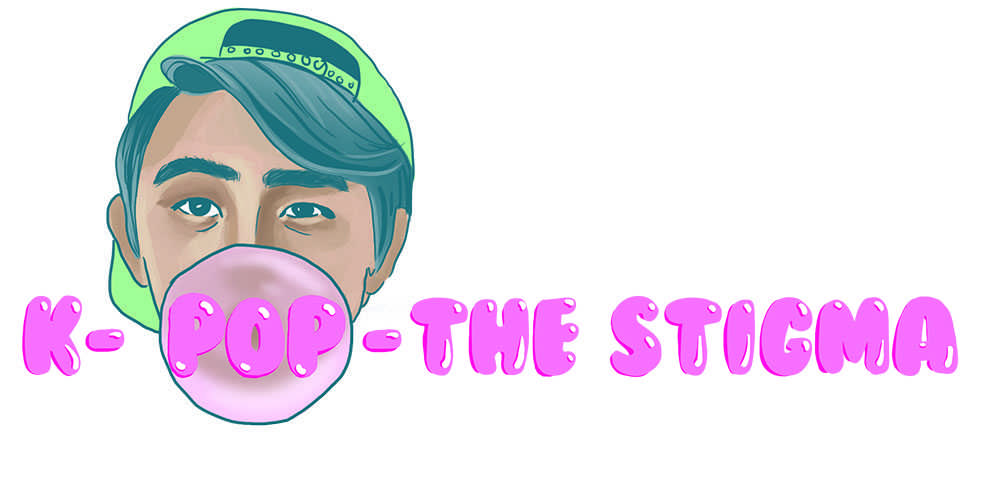When I tell my friends I have good taste in music, they don’t believe me.
“But Karina, you can’t have good taste in music! You listen to K-Pop,” they say, emphasis on the K.
While nobody else got judged as much for listening to Enrique Iglesias, Stromae or any other international artist, my preference for K-Pop soon became a social crime. People often think K-Pop is shallow because of Korea’s plastic surgery culture and are quick to judge K-Pop because it’s a culture they haven’t bothered to understand. As a result of this judgement, my K-Pop obsession became something I was ashamed of — I was a “closet” K-Pop fan.
But, I’ve realized that there is no reason K-Pop shouldn’t be seen as a legitimate genre of music. Different cultures have different music styles, but different isn’t wrong. With the growing popularity of K-Pop, this is the best time for my “coming out” of the K-Pop closet to address any concerns that people may have about the genre.
People: Can you even understand what they’re saying? If you can’t understand the lyrics then what’s the point in listening?
Me: People jam to Electronic Dance Music, which doesn’t have lyrics, all the time. Additionally, a lot of merit in music includes the feeling it can evoke in a person without words. The production of Korean music is something I appreciate and that others should at least respect, even if they don’t prefer it. Furthermore, many international fans use subtitles to understand the meaning the artists try to convey through their songs. Also, K-Pop is a great genre to listen to while studying because the words don’t compete for your attention when you read or write English. Bonus points.
People: But Karina, don’t K-Pop idols get plastic surgery?
Me: Don’t other famous artists from other countries go under the knife? Does plastic surgery change the legitimacy of music production? It’s frustrating when people can’t look past plastic surgery to recognize many K-Pop artists’ talent. And besides, people have the right to do what they want with their bodies and make themselves look and feel their best.
People: But their music videos are all so random and they don’t mean anything.
Me: At the most basic level, music videos don’t need to be anything other than eye-catching. There’s no plot to Nicki Minaj’s “Anaconda” or Drake’s “Hotline Bling”, but they’re both hits across America. Similarly, EXO’s “Call Me Baby” and Girls’ Generation’s “Catch Me If You Can” are just as dance-heavy and plot-less. However, if you are a person who enjoys deeper meaning behind music and media, there are plenty of Korean music videos that communicate profound messages. One great example is the real and punchy “Bloom” by Gain which gives an innocent and genuine perspective on losing one’s virginity.
People: The males look effeminate. I mean, they wear makeup and are fashionable.
Me: Criticizing males because they’re effeminate is reinforcing gender norms. Also, denouncing the fact that males in K-Pop take the time to care about their appearances doesn’t make sense — being fashionable isn’t a crime.
People: I’ve heard that production companies abuse their artists by overworking and underpaying them.
Me: That trend is disconcerting and it is something that should be changed, but it shouldn’t invalidate any fan’s appreciation of the music that’s created by the artists. The K-Pop industry definitely has issues, just like in any music industry, but fans that appreciate this type of music should not be shunned.
Hopefully, with these arguments, I’ve helped open some minds to the beautiful, colorful world of K-Pop.
Take a listen to my playlist if you want to try out the genre:





